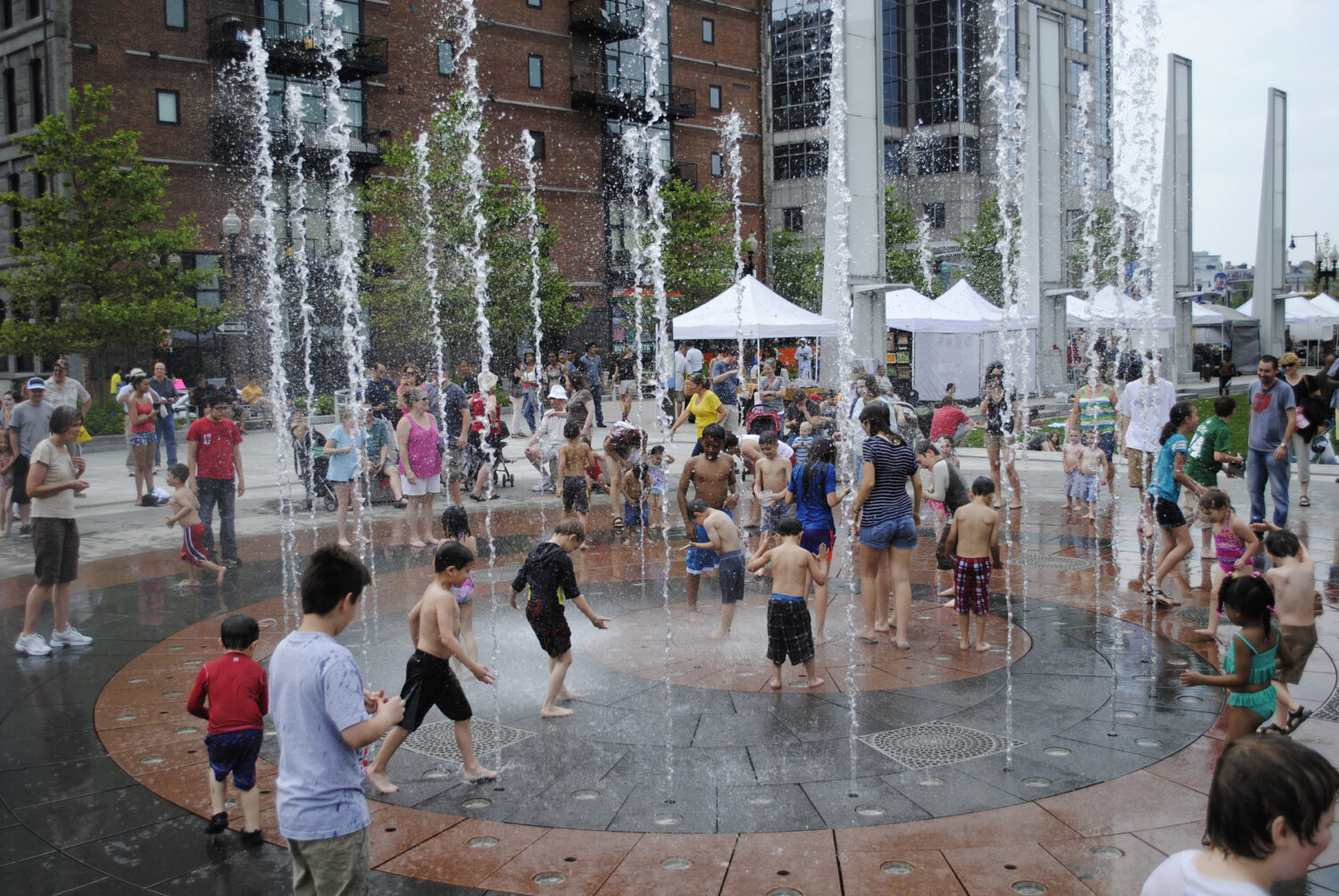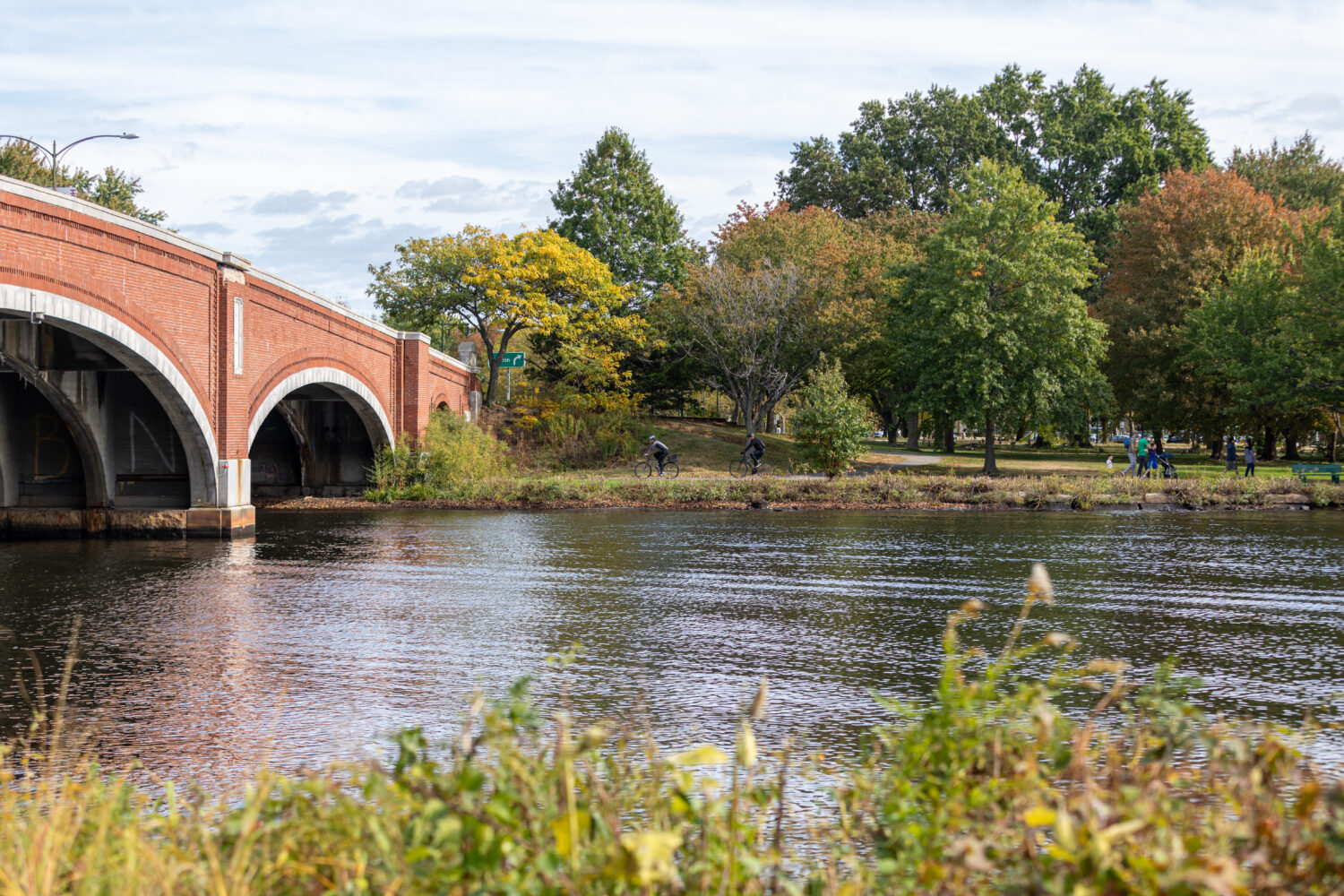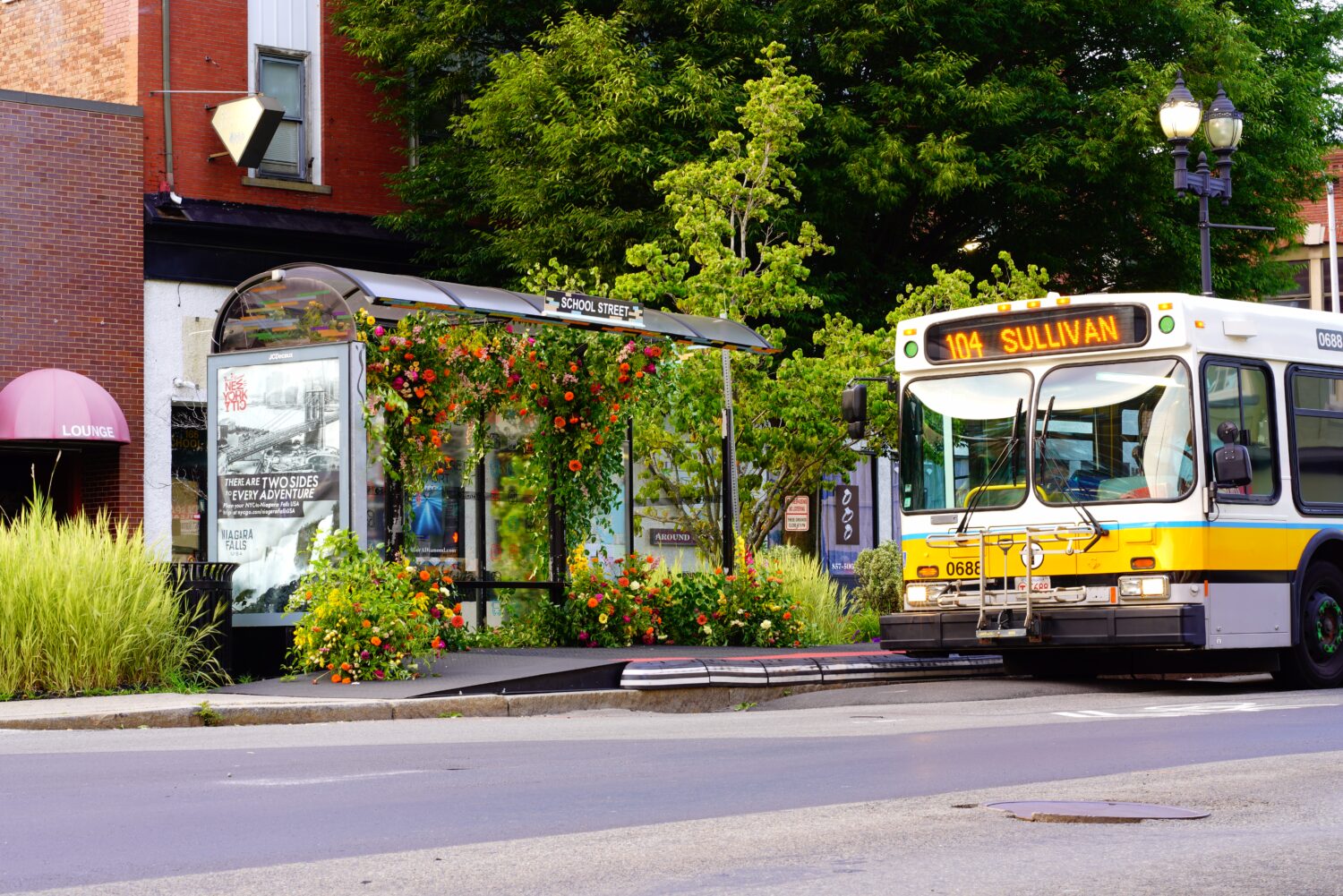As part of my work with the Sustainable Solutions Lab (SSL) at UMass Boston, I was honored to work with Dr. Lorena Estrada-Martínez and Dr. Paul Watanabe on the recent report: Views that Matter: Race and Opinions on Climate Change in Boston Area Residents. Our research aimed to capture views on climate change across residents of color in the Boston area. Thanks to funding from the Barr Foundation and an additional partnership with the Hyams Foundation, we were able to collect enough data from communities of color in Greater Boston to get a statistically significant sample – and understand more clearly differences across demographics.
Generally, public opinion research on climate change – and a range of other topics – has not adequately accounted for the views of people of color. Although in Massachusetts, for example, several statewide surveys have been conducted on climate change, the size of the samples have been too small to make reliable assessments of opinions from residents of color. Being aware of this gap in public opinion research, we endeavored to collect data that reflects the vital views of Black, Asian American, Latino/a, and white residents of Greater Boston.
Views that Matter establishes a baseline for inclusive public opinion research on climate change that can inform policy debates and responses related to the climate crisis.
The opinions expressed are wide-ranging and indicate broad areas of agreement among the four racial and ethnic groups as well as some areas where views diverge.Below are a few key takeaways from our research.
Multiracial broad agreement
There is a common understanding among Greater Boston residents that climate change is happening and that it will cause serious problems if left unaddressed. When asked about a range of impacts often associated with climate change, an overwhelming majority agreed that these are already happening or will very likely be happening soon in Massachusetts.
Residents believe that climate change effects can be reversed through policy change at the local and federal levels. For that, residents think that both government and individual efforts are needed to address climate change.
Unequal capacities
Critical areas where views often varied along racial/ethnic lines were opinions on preparedness and planning to deal with extreme weather events. The data, for example, show disparities in planning and preparation that could seriously compromise the ways in which communities of color are able to overcome the impacts of climate change. When asked about a series of action plans often associated with weather and other emergencies, three-fourths of white residents reported having insured their home and belongings compared to 57% of Blacks, and 54% of Latinos/as and Asian Americans. Fewer than half of Asian Americans and Blacks report that they would have sufficient essential supplies in the face of a severe weather event.
A Call for Justice
Holding policy debates and making decisions on policy without consideration of the opinions of significant and long-time silenced communities reinforces unequal impacts and responses posed by climate change. This pattern of disparate impacts has been shown with other disasters including, tragically, during the current COVID-19 pandemic.
In short the lesson is clear – the impact of global challenges, whether related to the climate crisis or the spread of deadly viruses, vary across communities. Prevailing economic and racial injustices are at the root of these problems. One of the most reliable routes to addressing these injustices is starting with data that reflects the views of all segments of the society.




